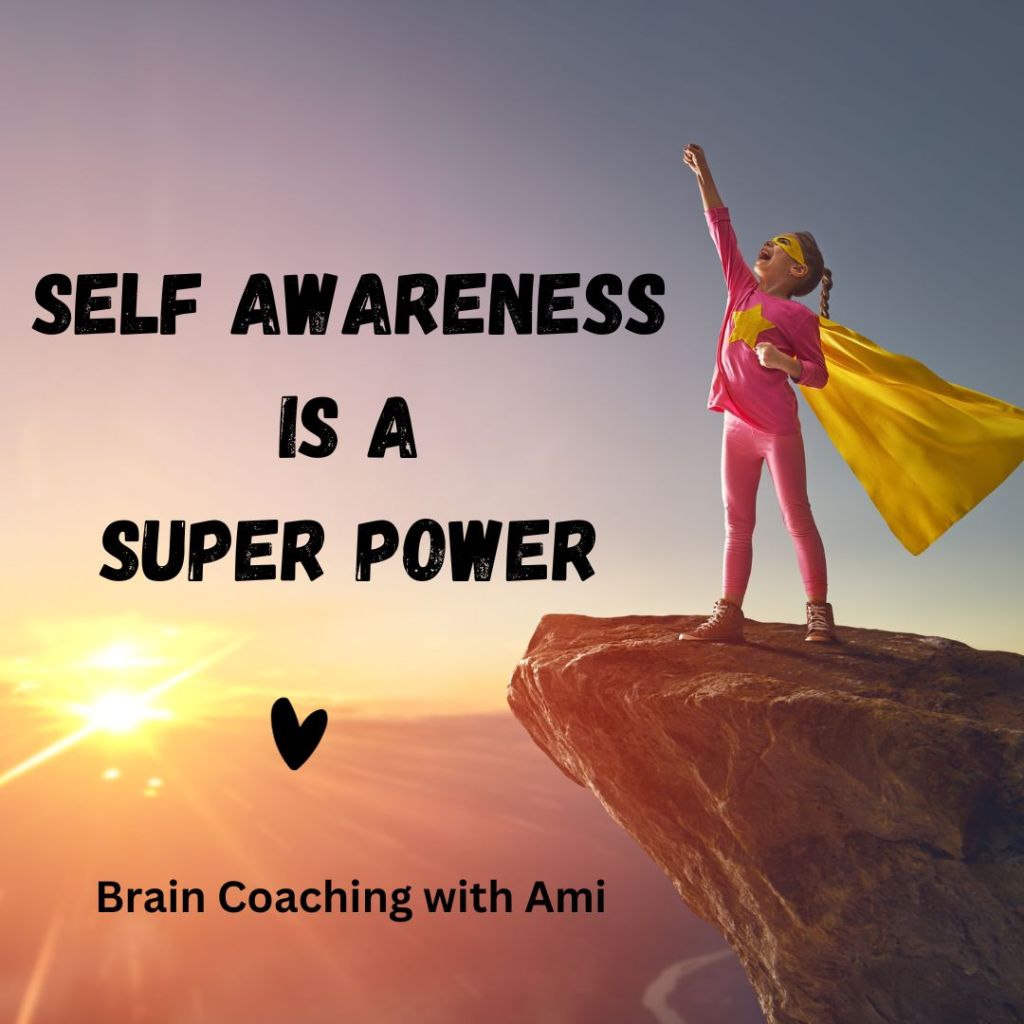The Power of Self-Awareness: Unveiling the Mindset and Neuroscience Connection
In the intricate dance between mindset and neuroscience, one crucial partner takes centre stage: self-awareness. This profound ability to perceive and comprehend oneself holds the key to unlocking a cascade of positive changes in both mental outlook and neural functioning.
The Mindset Marvel:
At its core, mindset is the lens through which we view the world and interpret our experiences. A self-aware mindset acts as a compass, guiding us through the complexities of life with a heightened understanding of our thoughts, emotions, and behaviors. It’s the foundation upon which resilience, growth, and fulfillment are built.
Neuroscience Unveiled:
From a neuroscience perspective, self-awareness is a dynamic interplay between various brain regions, most notably the prefrontal cortex. This area, responsible for executive functions like decision-making and emotional regulation, is actively engaged when we cultivate self-awareness. The process involves introspection, the ability to recognise our emotions, and the conscious monitoring of our thoughts—a cognitive symphony that orchestrates a harmonious neural dance.
The Self-Aware Mindset:
- Emotional Intelligence: Self-awareness serves as the cornerstone of emotional intelligence. Understanding our emotions allows us to navigate them effectively, fostering healthier relationships and promoting mental well-being.
- Resilience in Adversity: A self-aware mindset enables us to confront challenges with resilience. By recognising our thought patterns and emotional responses, we can adapt, learn, and emerge stronger from adversity.
- Empathy and Connection: Being attuned to our own experiences enhances our ability to empathize with others. The empathy cultivated through self-awareness strengthens interpersonal connections, fostering a more compassionate and understanding community.
- Mindfulness Practices: Mindfulness, rooted in self-awareness, brings us to the present moment. By acknowledging our thoughts without judgment, we create space for clarity, focus, and a deeper connection with our surroundings.
- Decision-Making Mastery: Self-awareness provides a clearer lens through which to evaluate our values and goals. Informed decisions, aligned with our authentic selves, become a natural outcome of a self-aware mindset.
Neuroplasticity at Play:
Neuroplasticity, the brain’s remarkable ability to reorganise itself, is catalyzed by self-awareness. As we consciously examine and challenge our thoughts, the brain forms new neural pathways. Over time, this rewiring enhances cognitive flexibility, emotional regulation, and overall mental resilience.
Cultivating Self-Awareness:
- Mindful Practices: Incorporate mindfulness techniques, such as meditation and deep breathing, into your daily routine. These practices foster self-reflection and awareness of the present moment.
- Journaling: Maintain a journal to document your thoughts, feelings, and experiences. Regularly revisiting these entries unveils patterns, providing valuable insights into your mindset.
- Seek Feedback: Actively seek feedback from trusted friends, mentors, or coaches. External perspectives contribute to a more comprehensive self-awareness.
- Embrace Vulnerability: Acknowledge and embrace vulnerability as a pathway to self-discovery. This openness fosters an authentic understanding of oneself.
- Continuous Learning: Engage in ongoing self-reflection and commit to a mindset of continuous learning. Embrace the journey of personal growth with curiosity and openness.
In the intricate tapestry of the mind and the symphony of neural networks, self-awareness emerges as a guiding light. By cultivating this awareness, we not only enhance our mindset but also sculpt the very fabric of our brains. In this profound union of mindset and neuroscience, self-awareness becomes the catalyst for a transformative journey toward resilience, emotional intelligence, and a more enriched and fulfilling life.

